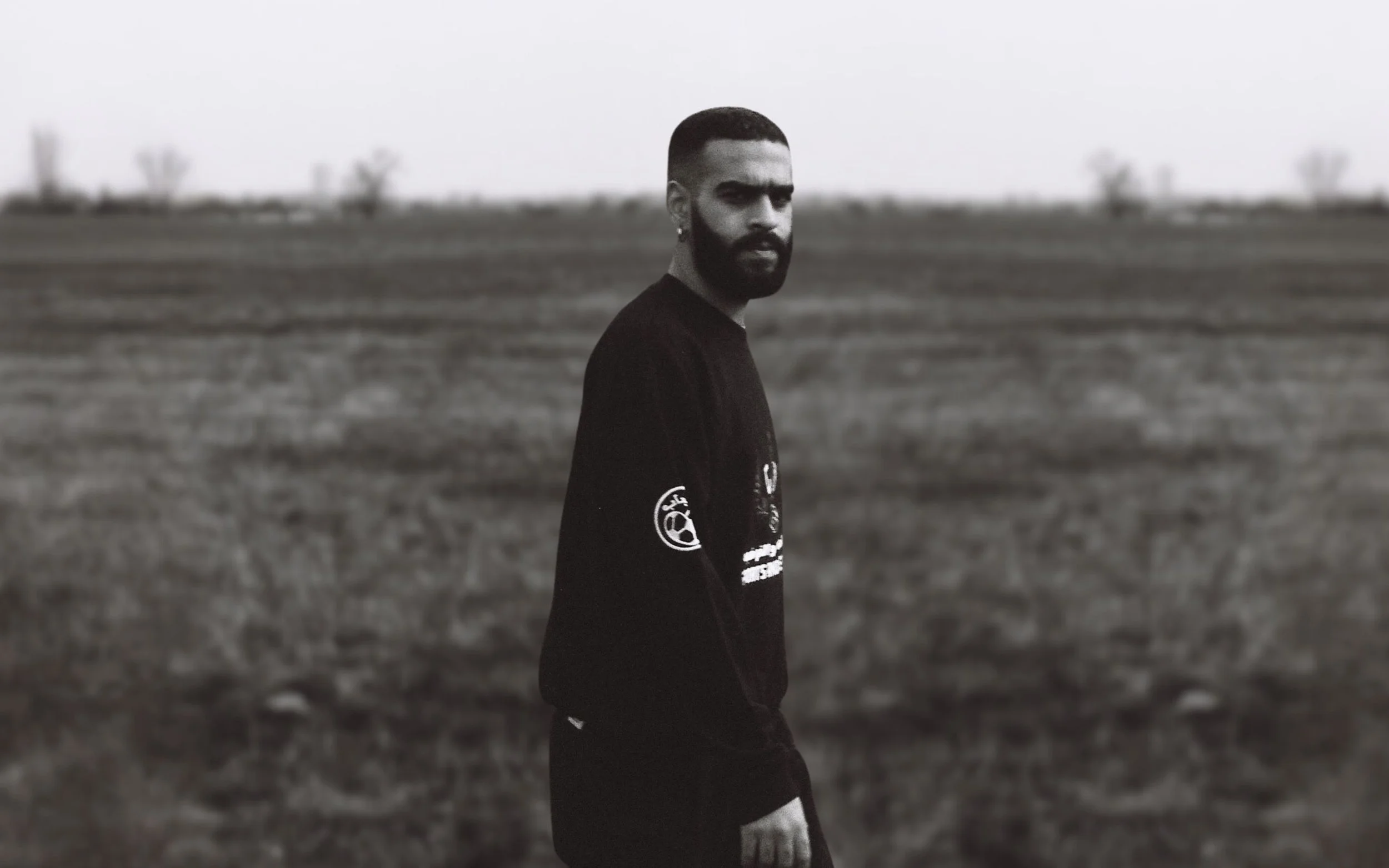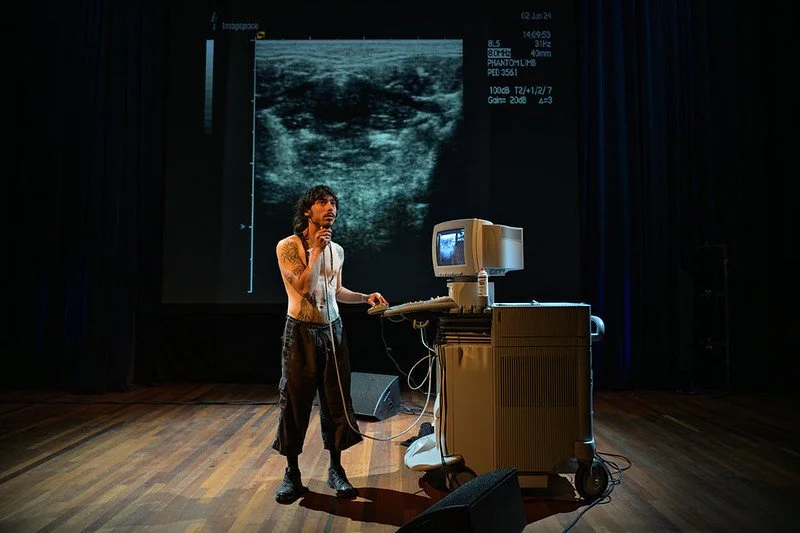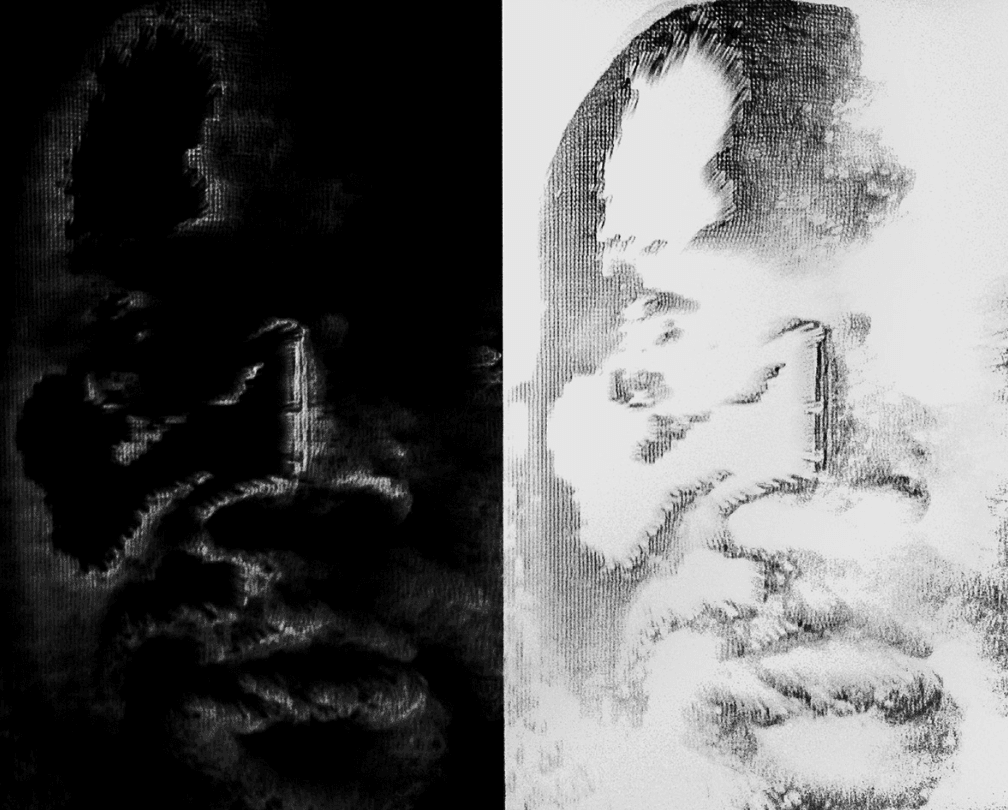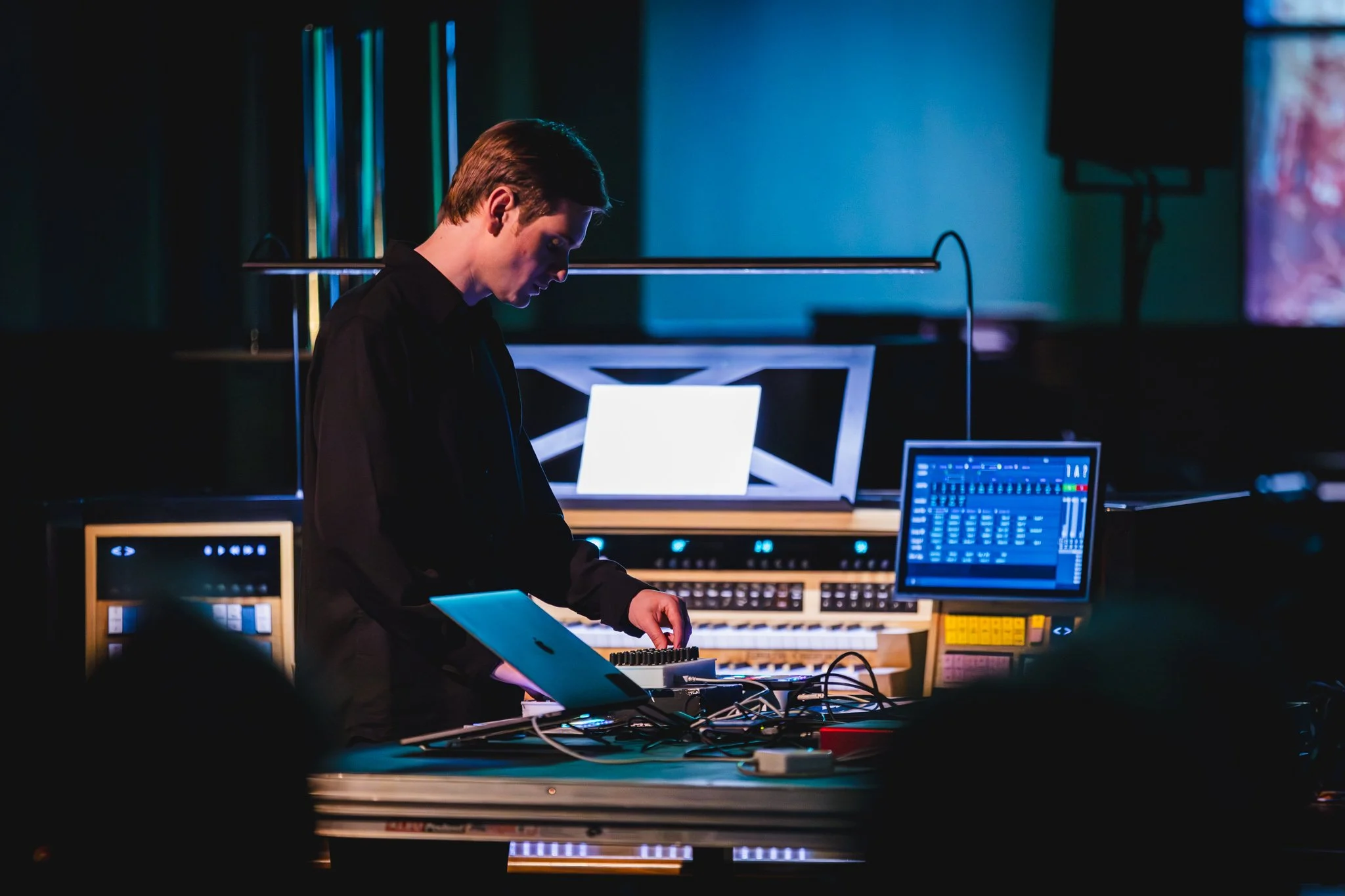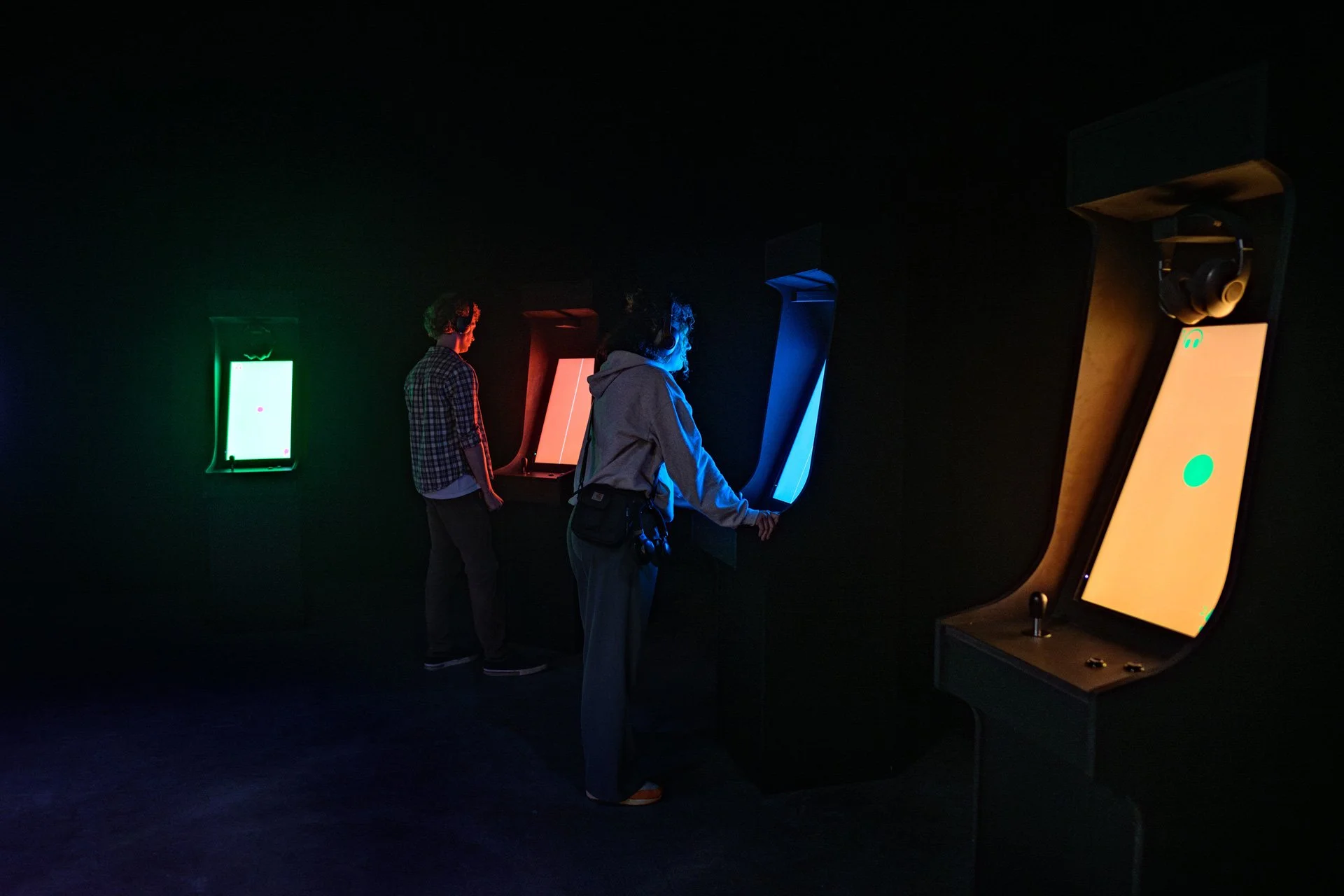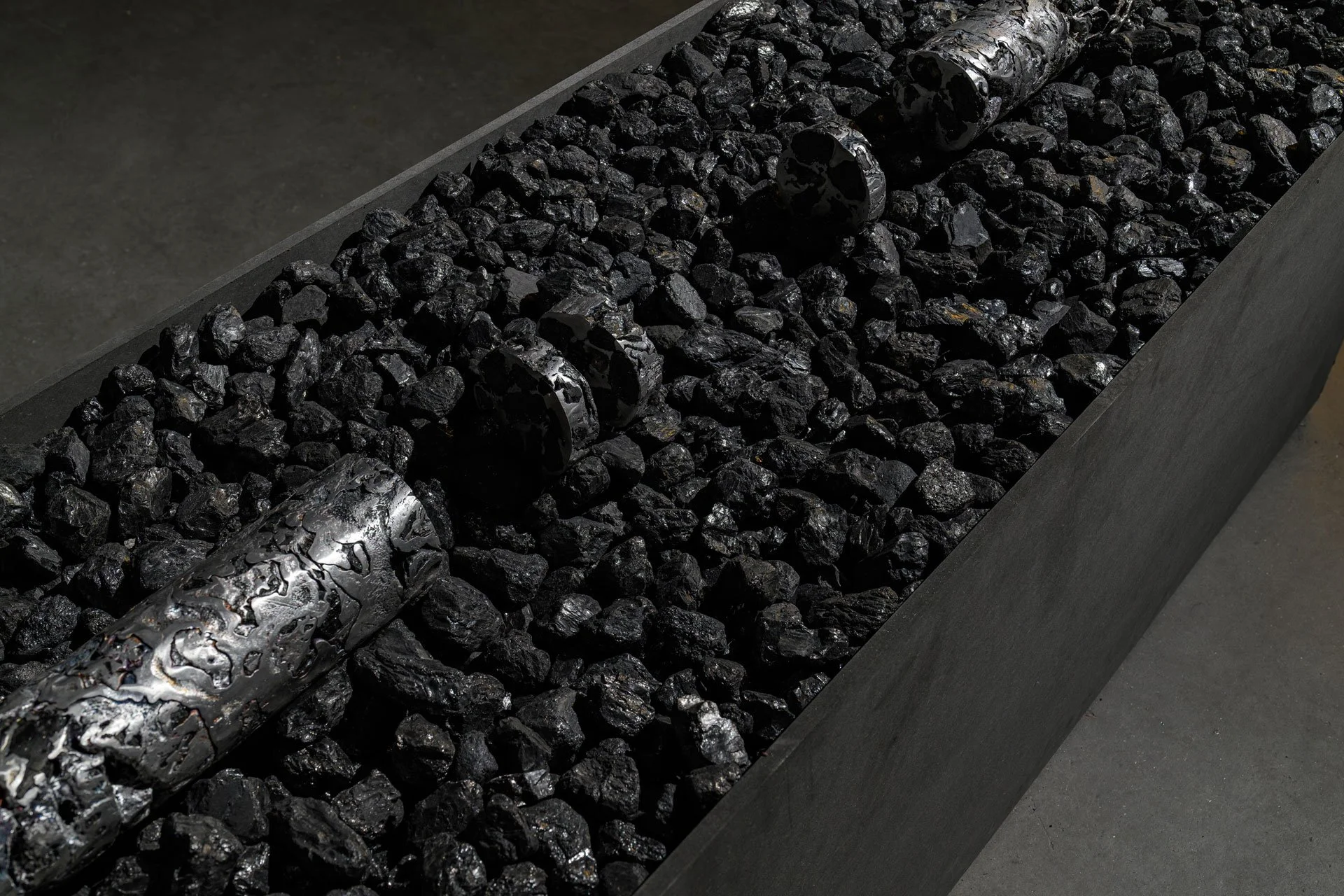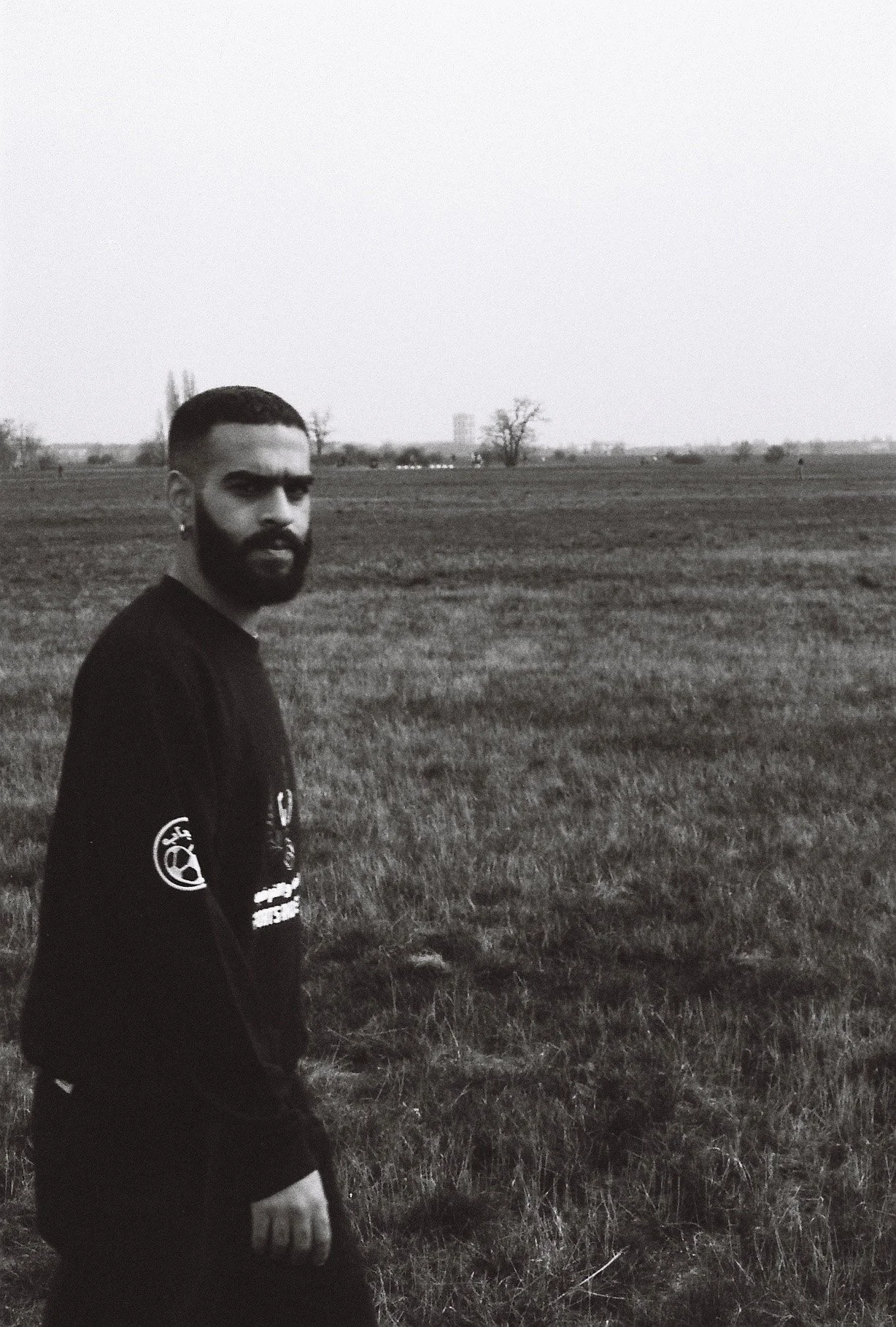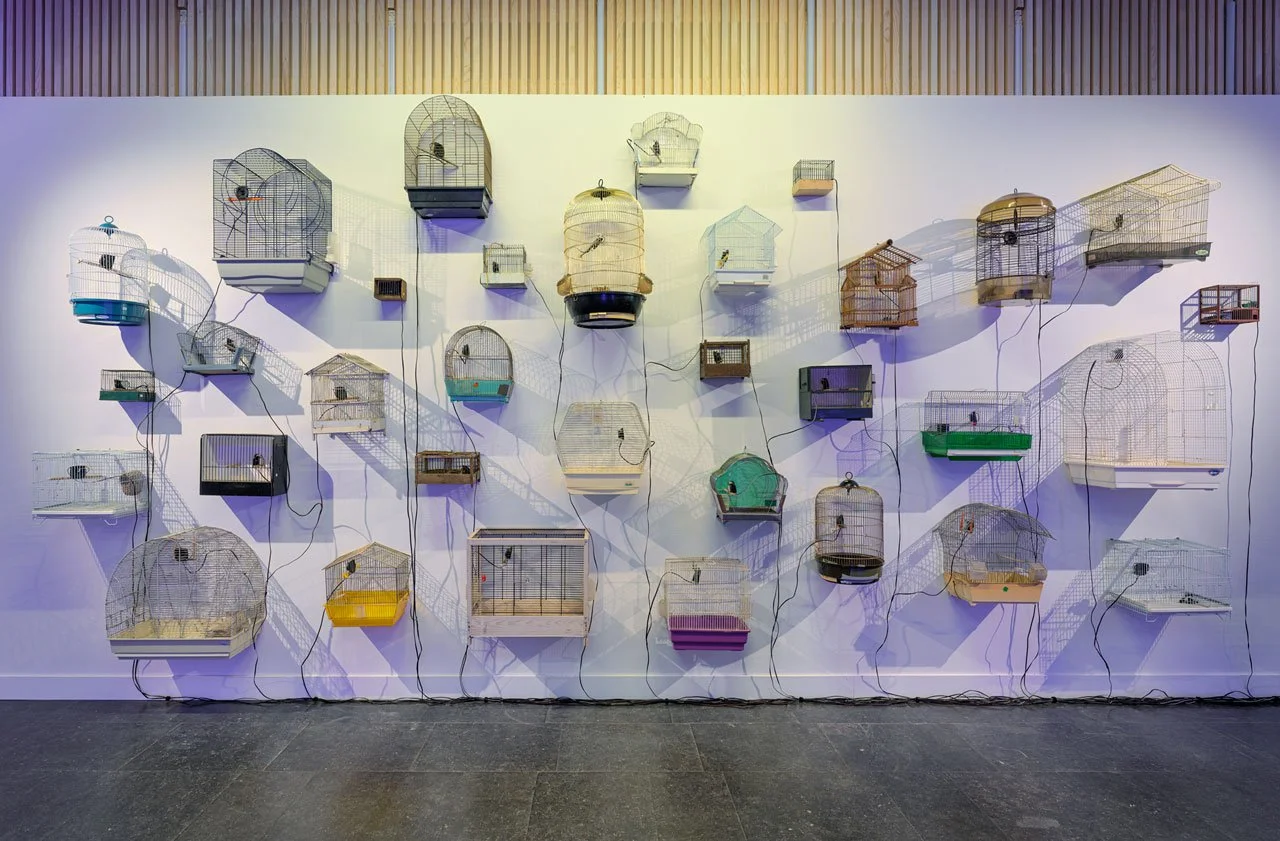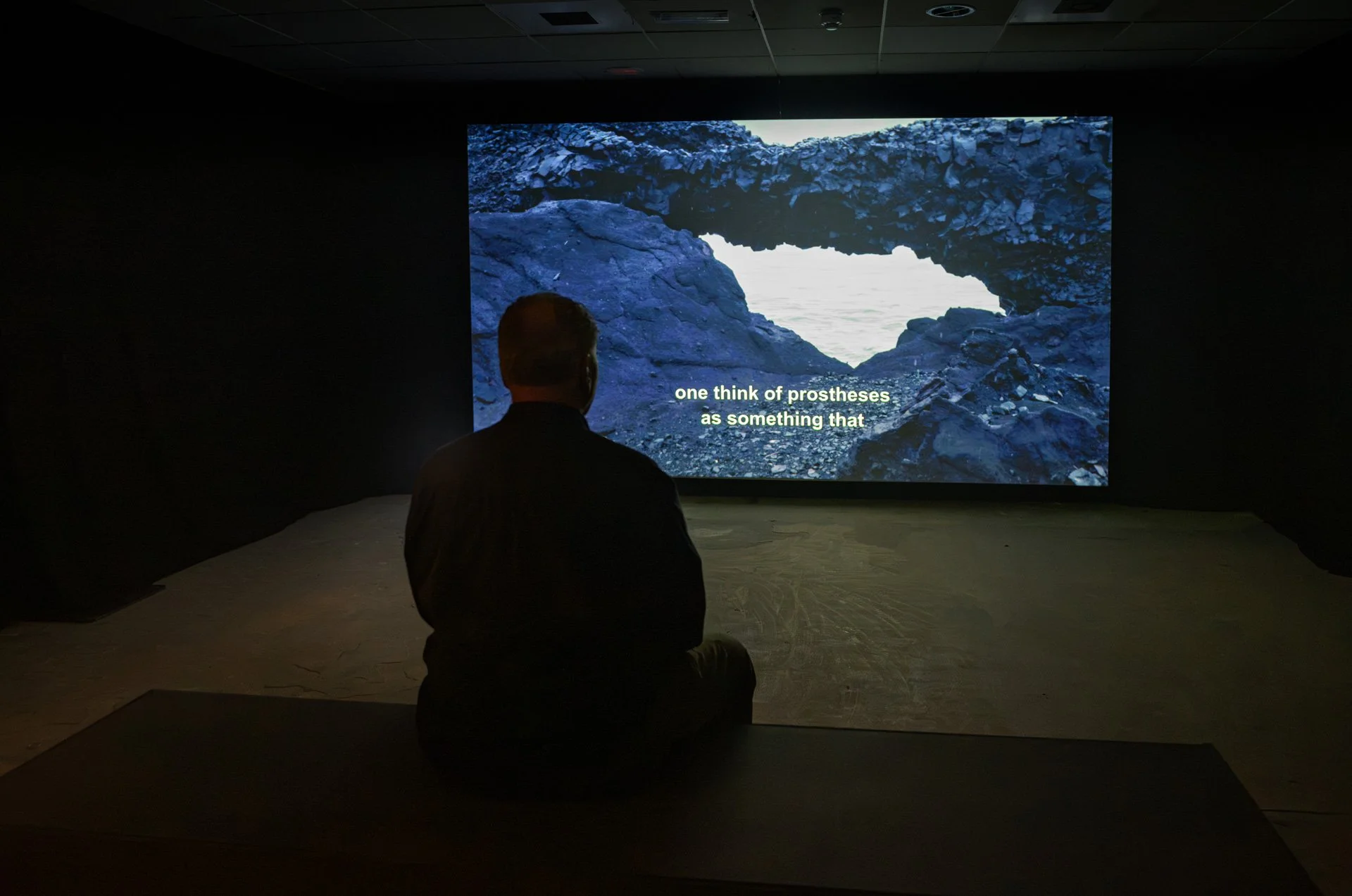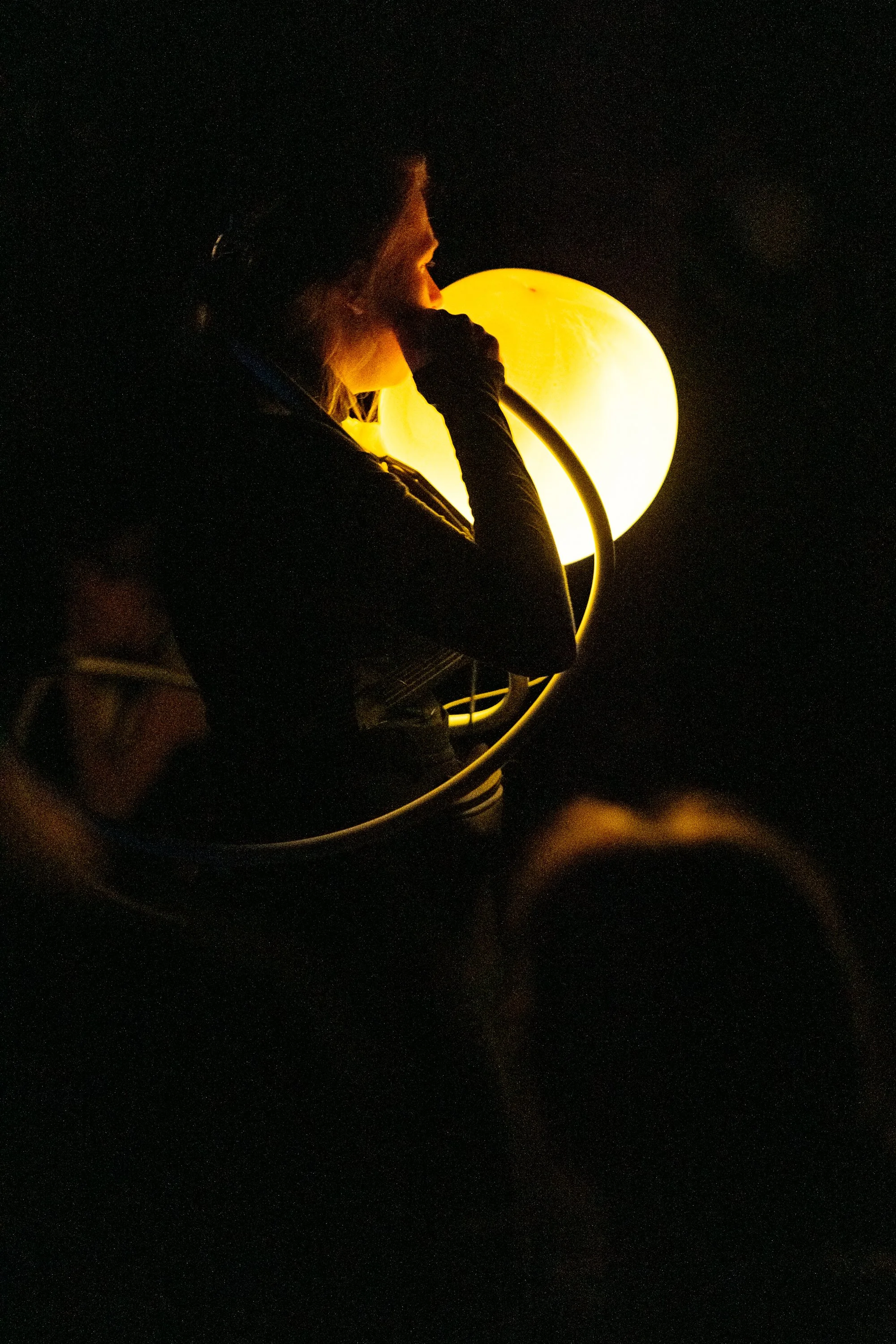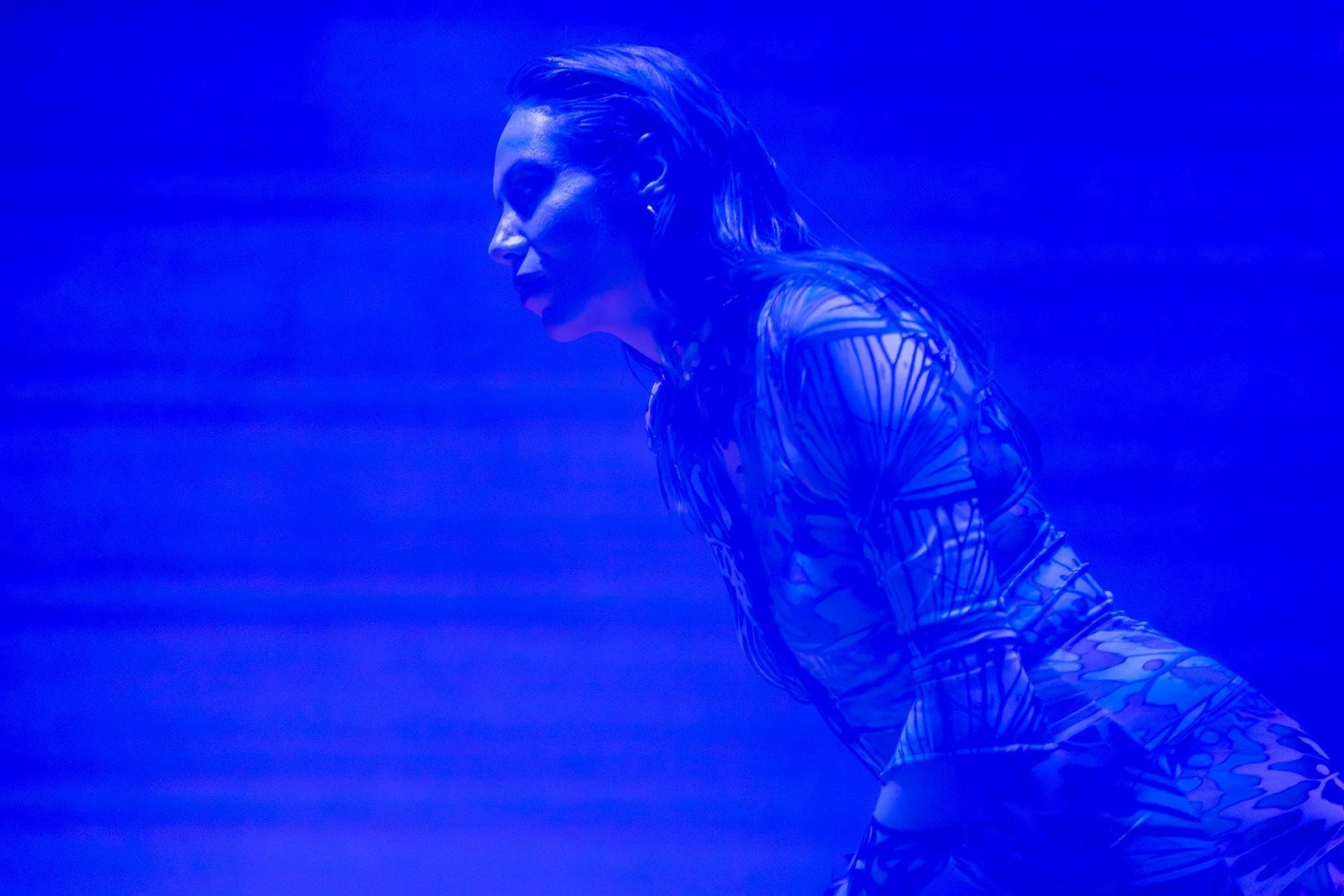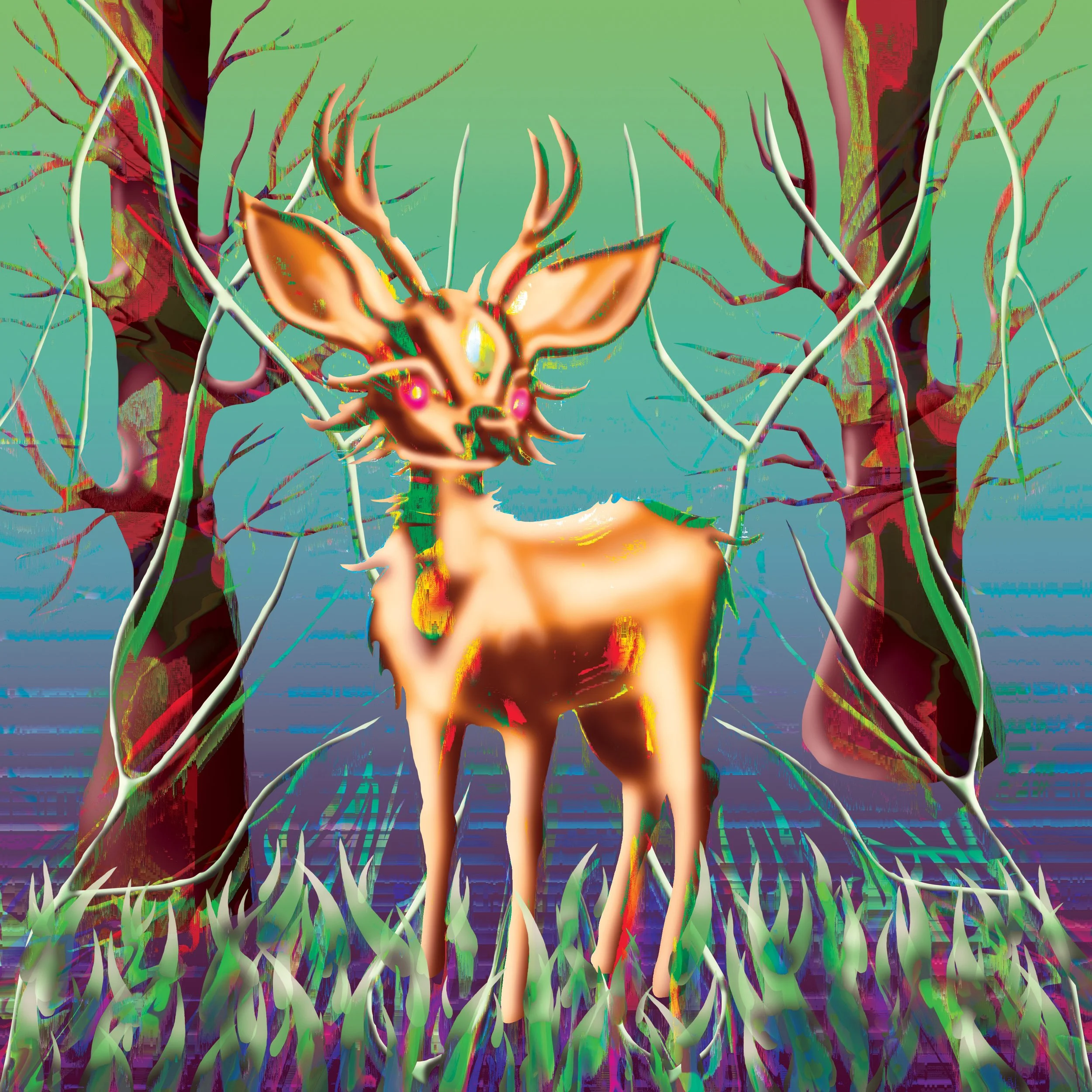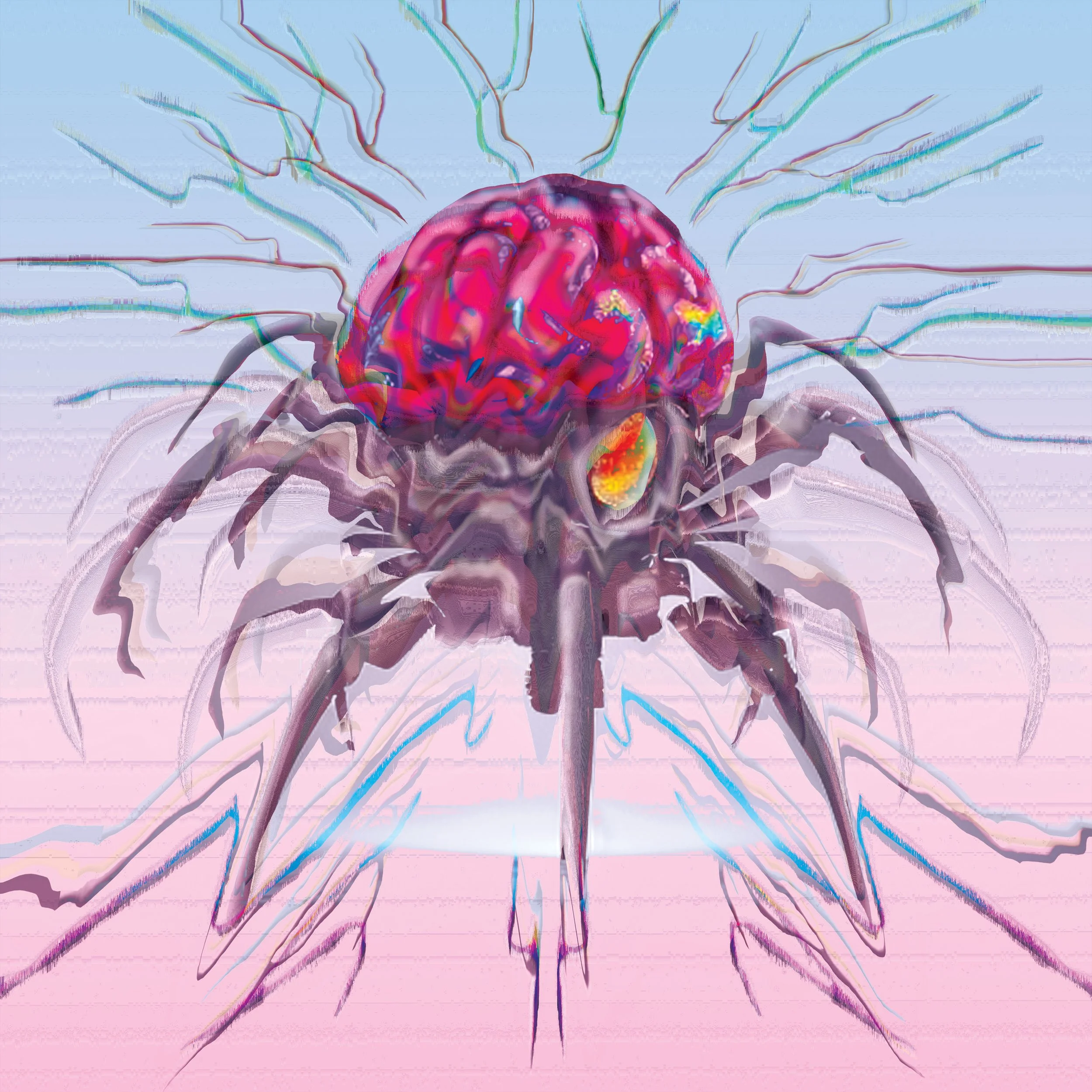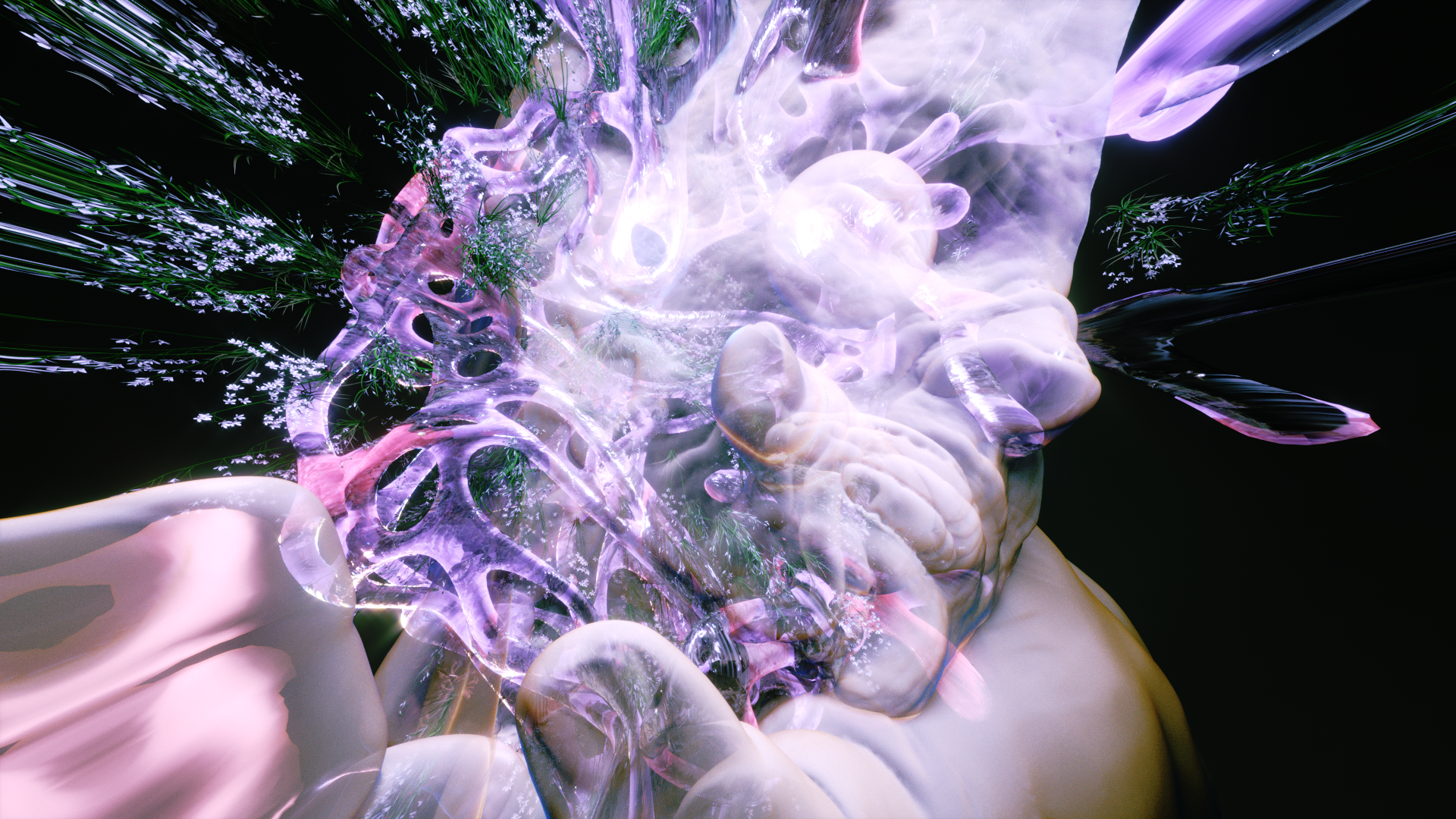
In Conversation with Oldyungmayn
Borbála Magdolna Pál engages in a conversation with Palestinian DJ Oldyungmayn during the 2024 edition of FIBER Festival Outer/Body. Together, they discuss the evolving landscape of club culture, the significance of addressing systemic issues within the scene, and the meaning of making noise.
Oldyungmayn. Image credit: Mike d’Hondt.
Borbála Magdolna Pal: What have you been up to lately?
Hussein (Oldyungmayn): I’ve been spending a lot of my time working on music, catching up on some of my favorite series and all around enjoying my second full summer in Berlin. This month, I have a few really interesting DJ gigs coming up– I’m really looking forward to visiting Poland in a few weeks and playing for the Butt Magazine event in collaboration with local queer collective Kem for Warsaw Pride.
What was the last song that you have listened to?
I’m writing this while I take the train back from Amsterdam to Berlin, and the last track that played through my headphones is ‘Front Running’ by Raime.
What has been something that has inspired you lately? Both musically and otherwise?
Living in Berlin these last months while protests become larger and more frequent has been very emotional for me - I am very inspired by this, in particular the chants led by the organizers of the demonstrations (in English, Arabic and German) that call for justice.
What is one track that you would never play?
One that I really love but I am way too shy to play it in any of my sets would probably by Right in the Night (Fall in Love with Music) by Jam & Spoon… but now that I think of it, maybe I should think of trying to somehow slip it in somehow at an upcoming set!
In previous interviews you mentioned that while living in the UAE, collaboration was almost necessary because of how small the scene was. How has that changed with moving to Berlin and how has that changed now that you are traveling more for shows?
Collaboration will always be something important for me when it comes to music as it's been something central to how I live my life and socialize. Teaming up and sharing projects is something I genuinely love to do, be it contributing to compilations, remixing tracks or simply giving feedback to my peers. In my opinion, it's important to think and operate collectively and it's really a life skill I learned early on.
You also talked about “avoiding the pressure to perform and operate as a DJ within ‘European’ standards” which I think is great because it deepens the experience and makes it true. Nevertheless, has this outlook impacted your possibilities for collaboration or performance?
From the outset, it probably exempts me from being offered certain opportunities, but it's probably for the best. I only want to perform and support projects and venues that share my political perspectives and acknowledge myself not just as a DJ, but also as a person. I would never play for an event just for the money or clout. Sadly, this has become fairly normal within the European circuit, but it's also become an incredibly important conversation piece to help reorient club culture back to its roots.
Furthermore, what might this perspective mean for the music, the audience and for a club space as a whole in the future?
We have to start thinking deeper about equality, as it's pretty clear double standards are everywhere, even in places many of us thought were safe - be it a city, a neighbourhood or even a club…its important to be – vigilant even– at this moment when true colours start to show. I think more and more events and venues are rethinking their approach and addressing what's happening outside of the club– it’s feeling like a lot of spaces are reassessing their relevance.
When do you feel you have had a successful ‘dialogue?’
Communication is best when it goes both ways– I think it’s important to take time, be patient and acknowledge that everyone has their own hardships, struggles and experiences - both good and bad. Dialogue should feel constructive and solution-driven; it should have meaning. There’s nothing more uninspiring than hearing people repeat the same old tropes ad nauseam. Like life, dialogue should be about looking forward.
With clubbing becoming more and more indoctrinated into the mainstream, becoming less and less underground, how do you as a DJ establish who you are having a dialogue with? Whether literally like when it comes to booking or more abstractly through the music on a setlist?
In terms of ‘dialogue’ with booking, the person who helps me handle shows is a close friend, and I think this has helped with having realistic conversations about what I want as an artist. I think the relationship between Artists and those working behind-the-scenes in the music industry can sometimes feel shadowy and instrumentalising, but many people doing booking and management are good-intentioned people who also have deeply-rooted politics and ethics. With promoters, evidently I lean more towards Queer / BIPOC collectives, but not only… it's all about balance and the impressions I have. One should be open to opportunities and consider how the music industry runs best when everyone feels treated fairly. In terms of my sets, I like to surprise, and DJing for me is about having fun and uplifting people, especially in club contexts. I want the audiences to genuinely have a good time, interact, socialise…
What does it mean for you to make noise? Not the genre itself, but to perform sound in this day and age?
Making noise feels intrinsic to me. I’m shy, but I still like to express myself when I can, and this often happens in my DJ sets. While I’m playing, I’m really in a very focused mindset where I feel deeply connected to the audience and dancers. I think at this time, it’s crucial to speak up not just about what is happening in places like Palestine, but also underlining how broken the system is. I think a very substantial shift is coming not just in Europe, but globally and I look forward to how this might eventually mean a better world for us. Until then, it's important to make noise.
Read more
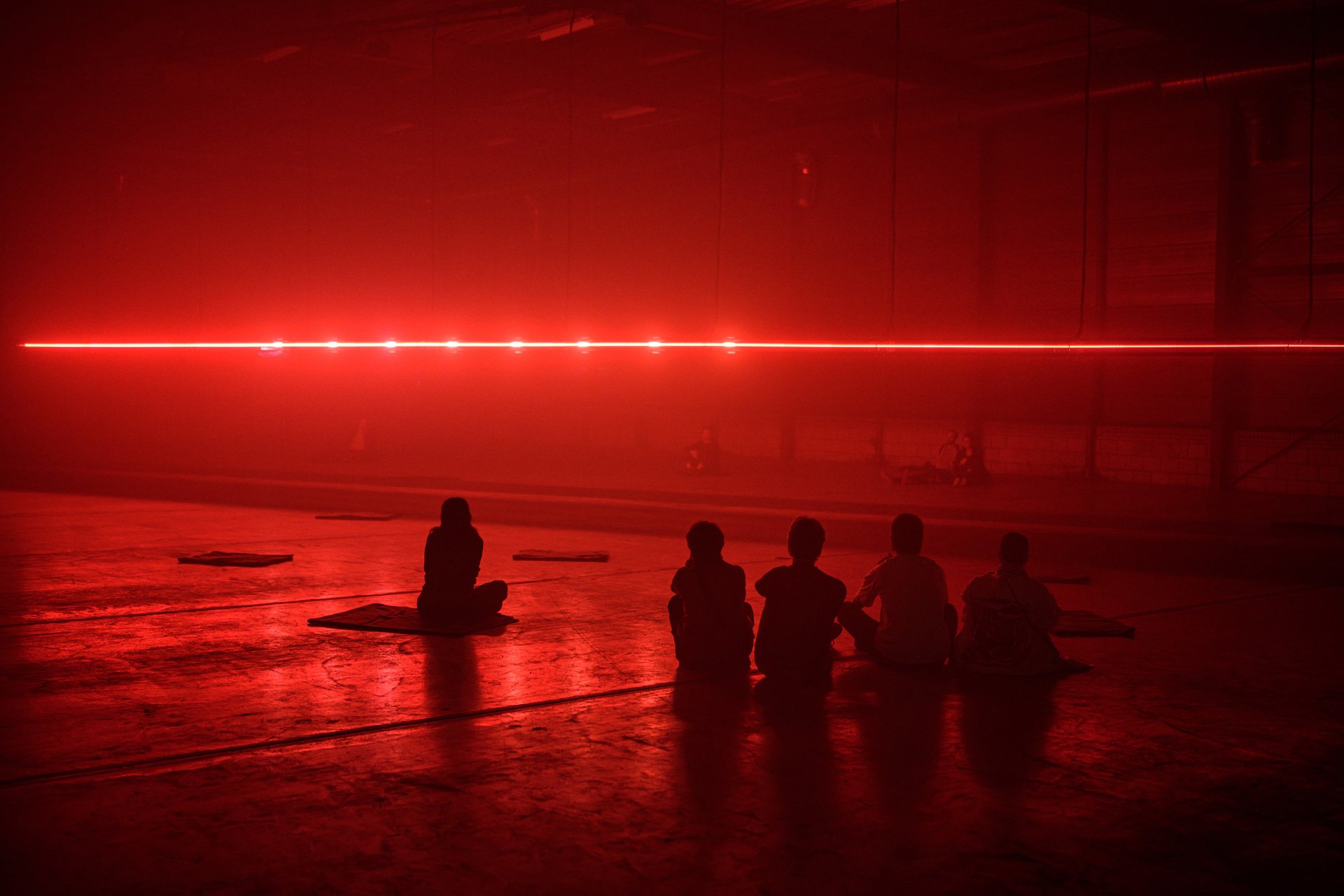
ABOUT THINKING BODIES
Thinking Bodies was conceptualised as an effort to build an exploratory body of knowledge(s), that draws upon the festival’s theme and weaves together perspectives, writing styles and formats. Drawing from the theme of the FIBER Festival 2024 edition, Outer/Body, we invited aspiring and emerging writers from a multiplicity of backgrounds to share their contributions, ranging from essays to interviews to poetries, resulting in a rich archive of knowledge.

